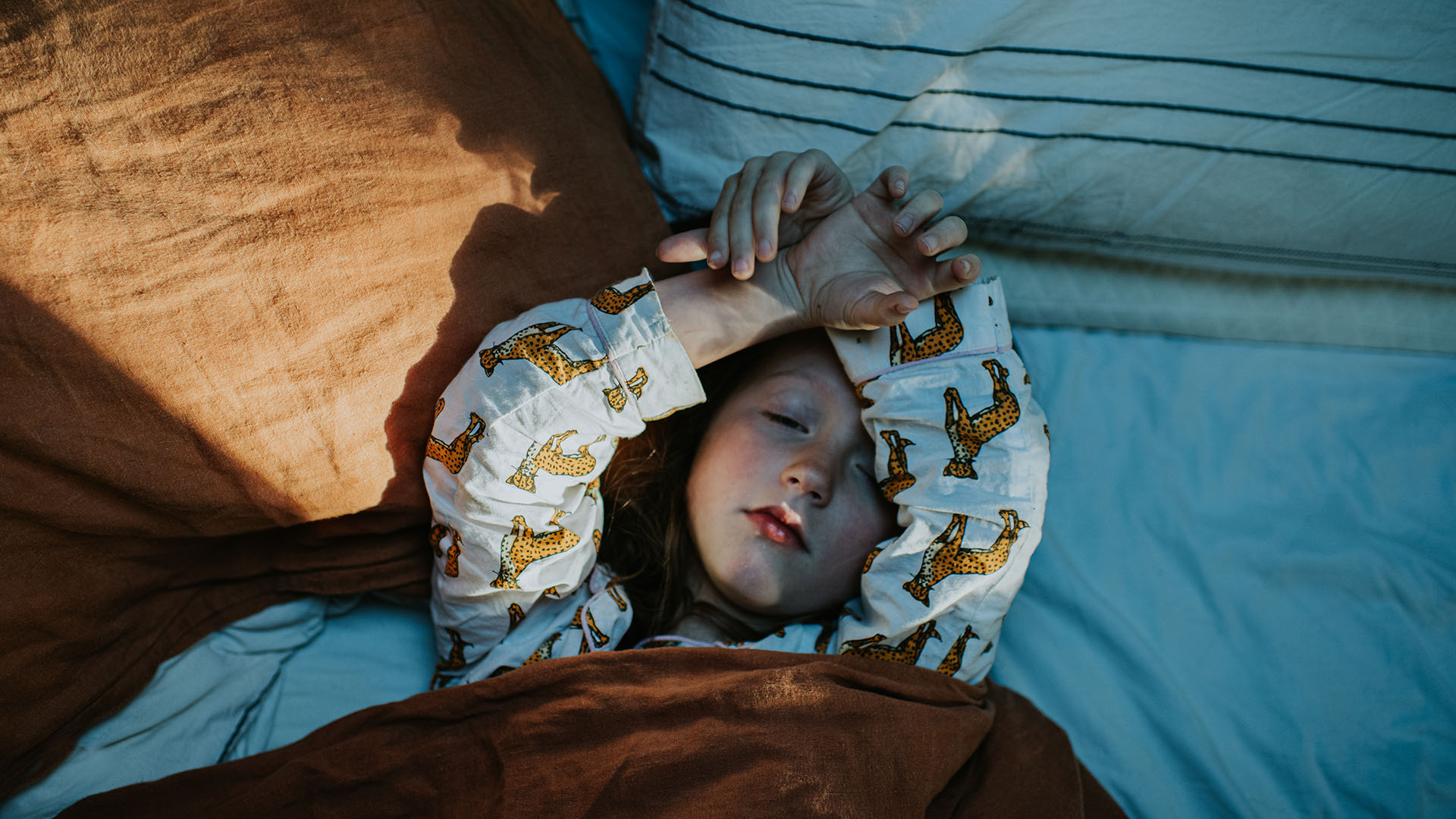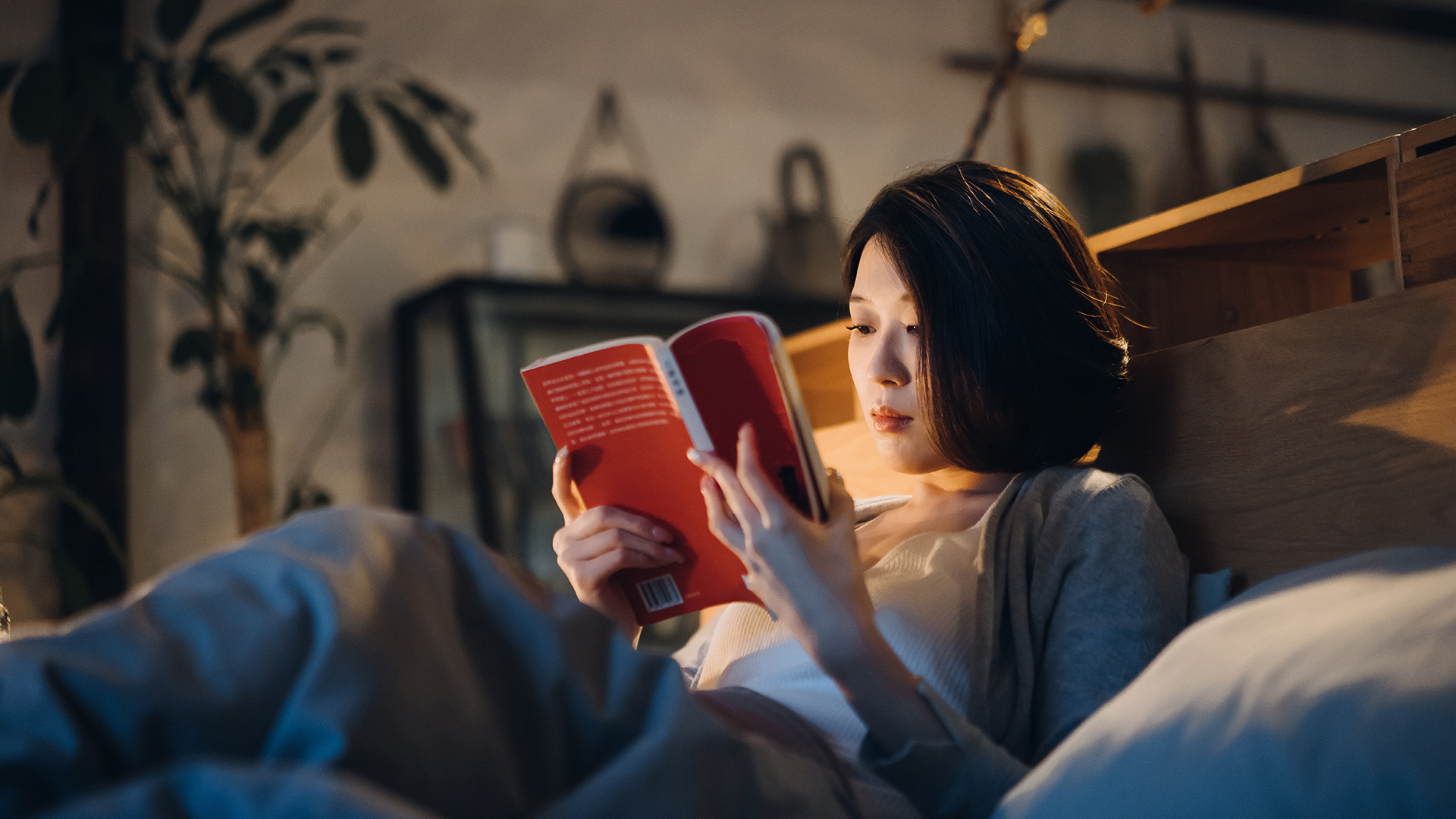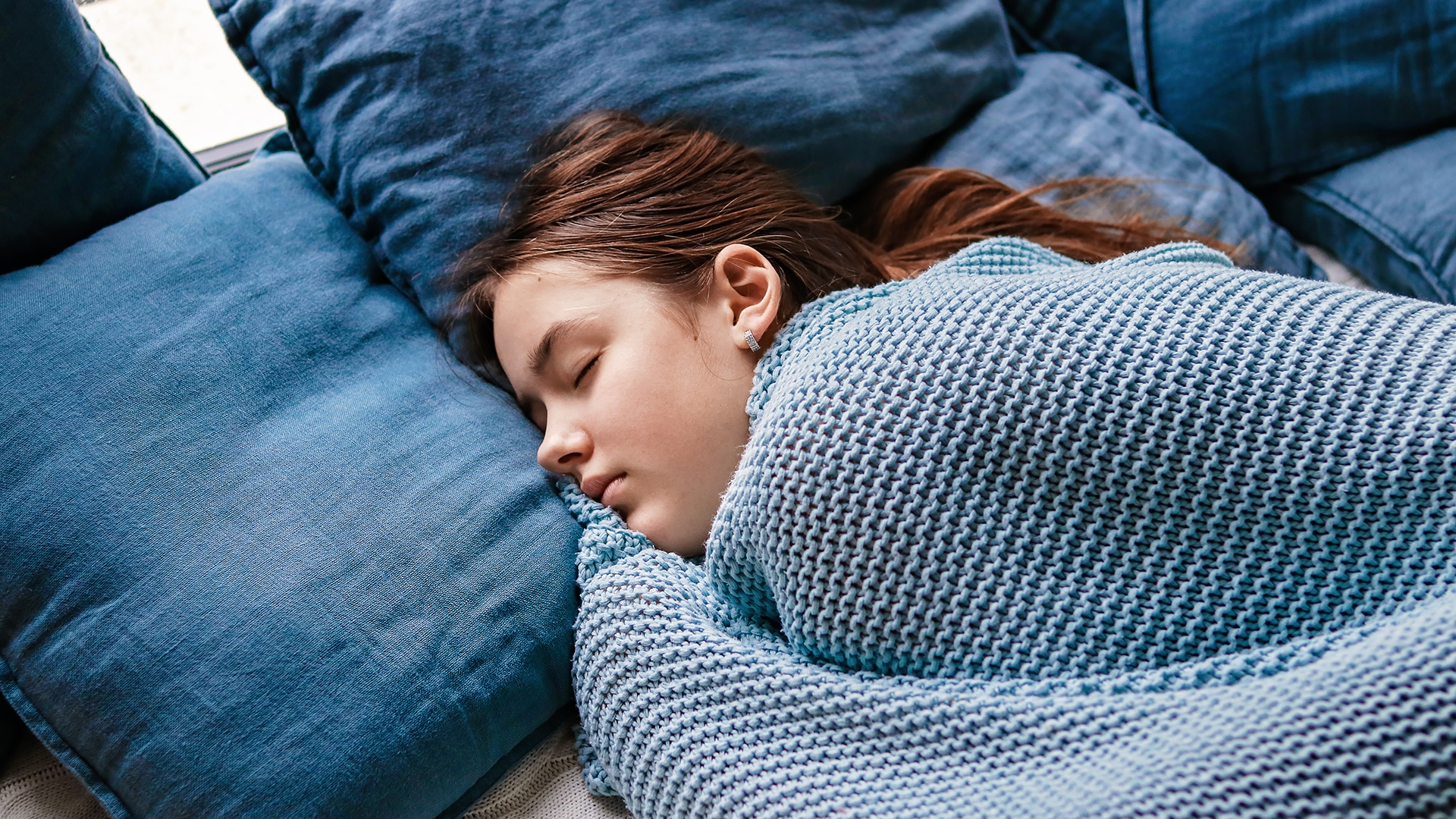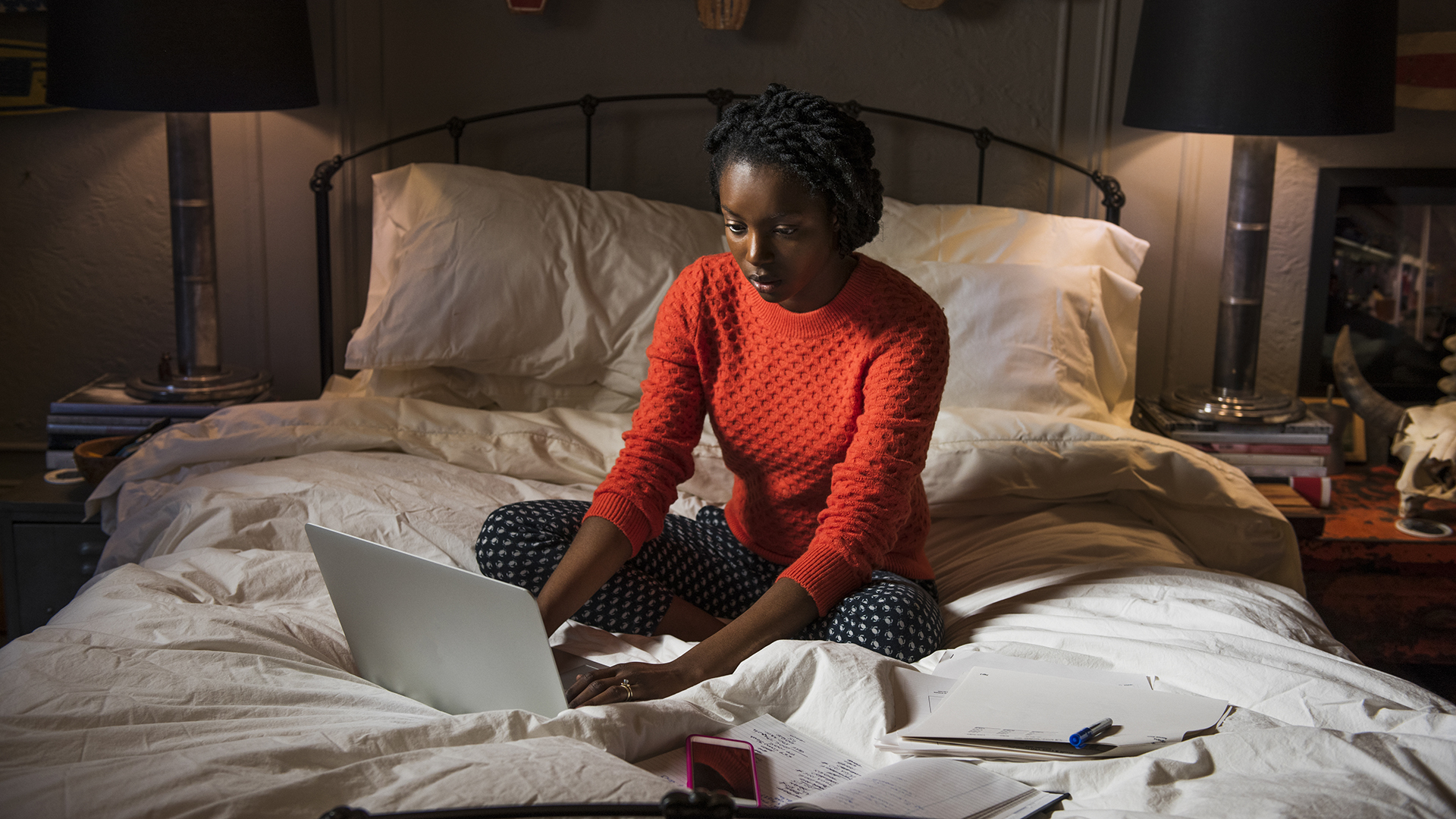What is a bedtime box and how can it help you sleep?
Stop the bedtime routine from feeling like a chore

The word 'bedtime' can lead to tantrums, and stubborn refusals to put down that phone and go to sleep – not just from the kids. Instead of signaling it's time for rest and relaxation, getting ready for bed can often feel like a chore. But with a bedtime box, you can start to put some celebration back into the sleep routine.
Bedtime boxes contain everything you need for going to sleep (well, almost – they can't fit one of the best mattresses). Primarily, they contain calming activities, such as craft supplies and books, to ease the transition from daytime fun to nighttime winding-down. They were originally designed for children, but by adjusting the contents, can be equally useful as part of an adult's bedtime routine.
Designed to be personal and flexible, bedtime boxes were one of the concepts discussed at the Sleep Charity's recent Sleep Conference. In this guide, we'll run through exactly how to build and use a bedtime box, whatever age you are.
What is a bedtime box?
A bedtime box is a box that you get out when it's time to start winding down for bed. It contains all the essentials for a healthy pre-sleep routine, including pajamas and a toothbrush, alongside calming activities to encourage relaxation. Bedtime boxes are primarily used as a tool to teach children good sleep hygiene (and help them get plenty of rest), but if you adjust the contents, they can work for adults too.

What do you put in a bedtime box?
Bedtime boxes contain calming activities to encourage sleep, plus a few essentials for the bedtime routine. Its contents will vary depending on the age of the owner, and should also be personalized to their interests, so it's an appealing thing to reach for in the evening.
Some things that might go in a bedtime box include: books, jigsaw puzzles, craft supplies, building blocks, board games, chamomile tea bags, sleepy snack foods, face masks, blankets, and your toothbrush.
Bedtime boxes for kids
Bedtime boxes were originally created for younger kids just learning about bedtime, and children with sensory issues who might struggle with the evening wind-down.
Our sleep needs change with our age and children require a lot of sleep. But as any parent can attest, kids aren’t always great at getting themselves to bed. Using a bedtime box signals the transition from day to night, building a healthy sleep routine through the use of calming and repetitive tasks. And as the child gets older, changing and adapting the box can inspire them to take charge of their own bedtime.

These boxes should feel special, so put them aside during the day. This reinforces the idea that bedtime activities are something to look forward to. Set a time in the evening when devices and daytime interests are put away and the box comes out.
Adding a pre-bed checklist alongside the other items in the box is a good way to emphasize the importance of structure in the evening. Kids get a sticker when they complete an item on the checklist – brushing their teeth, changing into their pajamas, and so on. As they work through the checklist, they develop a routine. (The Sleep Charity has its own handy guide to bedtime boxes, if you're looking for more info.)
Get daily insight, inspiration and deals in your inbox
Sign up for breaking news, reviews, opinion, top tech deals, and more.
Bedtime boxes for adults
Bedtime boxes might have originally been conceived for kids, but if you're an adult who finds it hard to switch off in the evening, you might benefit from this approach too. Bedtime boxes should be personalized to suit the age and interests of the person using them, and although the content might be different, the ability to help you wind down is still the same.
For parents, building a bedtime box alongside your child can make the evening into a time for bonding. Bedtime becomes something to look forward to, and with everyone stepping away from screens, no one will feel like they’re missing out.

But even without kids involved, bedtime boxes have their advantages for adults. By setting aside activities for the evening, the wind-down feels like less of a drag and becomes something to look forward to.
Try thinking outside the box (no pun intended) when choosing your evening activities. It doesn't have to be a magazine and a coloring book. Chamomile tea bags and a handful of sleep-friendly snack foods (such as cashews) can have a place in your bedtime box, as can your favorite face mask, your lavender body cream, and familiar music that chills you out.
Once you’ve emptied your bedtime box in the evening, try filling it with things that are less relaxing, such as your blue light emitting phone and that stress-inducing laptop. The box might not exactly lock these things away, but it does add a barrier to your late night doomscroll and those work from bed emails.

Ruth is TechRadar’s Sleep Writer. She’s here to help you find the perfect sleep setup for your budget and personal preferences. As well as keeping a keen eye on everything that’s going on in the world of mattresses, she regularly speaks to experts to help you learn how to improve your sleep habits, whether that’s by debunking sleep myths or explaining the science behind it all. Prior to joining the TechRadar team, she wrote features and product guides for new parents hoping to get a decent night's sleep, as well as writing for a variety of online spaces.